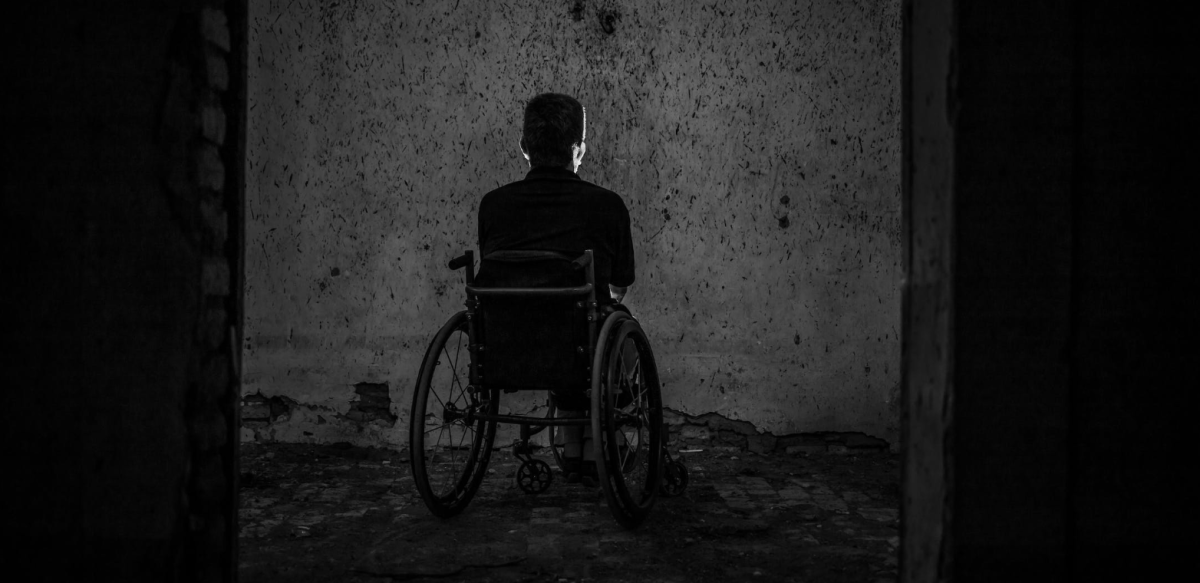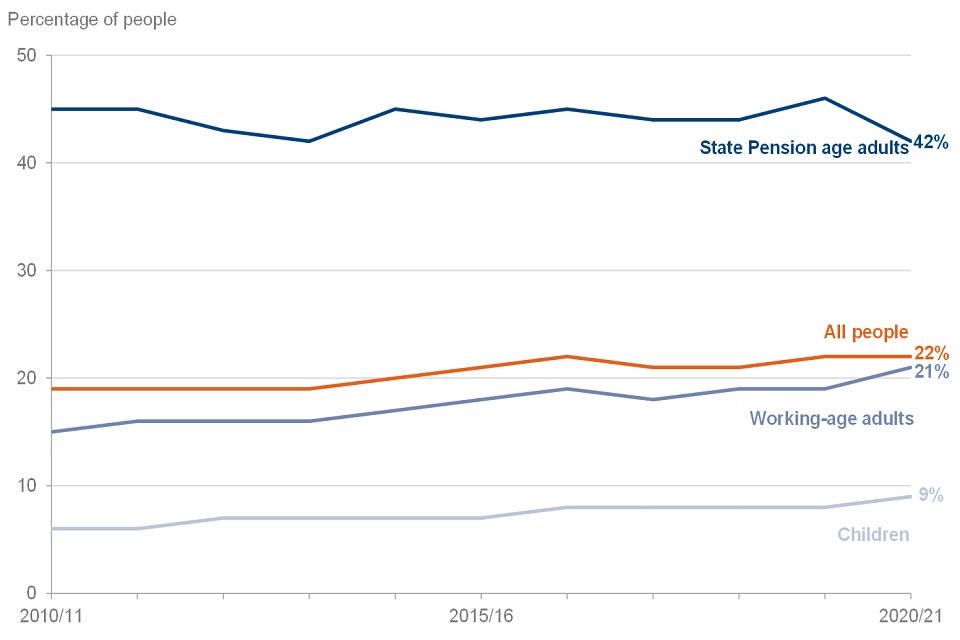-
Shop Beer
-
Shop Merchandise
-
Blog
-
Find Us
-
About
Your cart is empty
Looks like you haven't added anything to your cart yet

Inclusivity and the Physically Diverse
Building a brewery and a brand has been a hell of a ride! While it’s been a lot of long days (and nights), it has also been a lot of fun! When we launched Sheep in Wolf’s Clothing in July 2021, we were taking the first of many steps to come.
We love meeting new people in the community and sharing a beer with family and friends. But we also view our brewery as a launching pad for many other ideas– building inclusive communities, pushing for sustainability, and promoting mental well-being.
Like many innovative business ideas, the concept of our brewery traces its roots back to our founder Matty’s childhood. While only ten years old, Matty’s father suffered devastating injuries from a car accident that resulted in him becoming a quadriplegic.
This incident caused a complete shift in life experience for the entire family. Since then, Matty has always had an eye out for the physically and neurologically diverse.
We Can Learn From Diverse Life Experiences
The government has recently reported that one in five people in the UK has a disability or impairment of some kind. This means just about all have friends, family, or colleagues with disabilities.

A 2021 UK government found that 1 in 5 people reported having a disability.
Image source: GOV.UK
When Kendon joined the team as a writer he would bring his own experiences. Here is what he had to say:
“My father was born with a life-impacting physical disability. It affected his appearance as well as his daily quality of life. Normal things like walking, running, or wearing regularly available clothes were a daily challenge. Unfortunately for my father, he didn’t know any different; life had always been this way.
When I was growing up, my father encouraged me to play sports and even coached my basketball teams. I never fully understood until many years later, he wanted me to enjoy the things he never had (he did play sports like basketball but with greater obstacles than most).
My father’s disability made walking anywhere a lengthy and arduous task; however, he refused to use the disabled parking spaces–I guess he didn’t see himself as 'disabled'!"
Perhaps because of my experience growing up, I always find myself patiently holding open doors for people that appear to be physically challenged.
Recently, I had to ask myself, is that the right way to go about things? Do I know they want or need help? Just like my father, do they even feel ‘challenged’ or ‘disabled’?
What is Physical Disability?
From the all-knowing Wikipedia we find this definition:
“A physical disability is a limitation on a person's physical functioning, mobility, dexterity or stamina. Other physical disabilities include impairments which limit other facets of daily living, such as respiratory disorders, blindness, epilepsy and sleep disorders.”
The UK government has continually altered and evolved its definition of disability. The most recent guidance was given under the Equality Act of 2010. While it features a list of life-changing chronic diseases it also provides a few main points:
- the person must have an impairment that is either physical or mental
- the impairment must have substantial adverse effects
- the long-term substantial adverse effects must be effects on normal day-to-day activities
In 2022, we think we can all agree that there is an ever-growing list of ailments and diverse challenges that can qualify under these criteria.
Statistics on Disability in the UK
Disability and its effects are a hard thing to grasp because individual circumstances can be so diverse. Fortunately, surveys and reporting are becoming more frequent and can help build up our understanding of people with disabilities.
Here are a few eye-opening statistics from the Office for National Statistics (ONS) report, Outcomes for disabled people in the UK: 2021:
- Less employment opportunities-only, 53.5% of disabled people aged 16 to 64 years in the UK were employed compared with 81.6% of non-disabled people.

The ONS found that Working disabled people were less likely to work as managers, directors and senior officials or in professional occupations than working non-disabled people
Image source: ONS
- Poorer well-being- on average, disabled people aged 16 to 64 years had poorer ratings than non-disabled people for life satisfaction, happiness, and general anxiety.
- Greater feelings of isolation- disabled people were nearly 5 times as non-disabled people to experience loneliness ‘often’ or ‘always’.
Here are some additional findings from the government's UK Disability Survey research report, June 2021:
- Lack of public accessibility- Over a quarter of disabled respondents often had difficulty accessing public buildings, and one-third found it difficult to access public spaces. The survey also found that disabled people had difficulty using public spaces ‘all the time’ or ‘often’ (31%), and difficulty accessing public buildings ‘all the time’ or ‘often’(28%).
- Fewer education opportunities- Only 1 in 10 disabled respondents to the UK Disability Survey agreed that disabled people are given the educational opportunities they need to thrive in society.
- Less employment support and advancement- half of the unemployed people with disabilities stated they would like more help finding and keeping a job. Less than a quarter of respondents ‘agree’ or ‘strongly agree’ that they are given the same promotion opportunities as their colleagues.
Where can we help?
The first thing to understand is that physically diverse people have been marginalised (or much worse) throughout human history. It’s only been since the 20th century that disabled people began to be recognised and receive proper rights in the UK.
The battle for equality wages on, but we can all help to accelerate progress in our everyday spaces.
Workplace
Have you ever worked somewhere where you were asked to complete a task without the right tools for the job? Whether we work in a brewery, pub, restaurant, or office, we all want to be set up for success by our employer.
This is backed up by the UK Disability Survey which found that disabled people (91%) and the general public (96%) believe that employers should be flexible in making workplace adjustments for people with disabilities.

Parking and pathways for employees with disabilities must be a priority for employers.
Image source: Unsplash
The first place to start is to consider what physical barriers may exist at your workplace. These barriers include things such as steps, stairways, curbs, parking lots, building entrances and exits, uneven or slick surfaces, toilets and washing facilities, furniture and many other obstacles.
Most of us may not consider these everyday examples as ‘physical barriers’ and we’re lucky. Care must be taken by everyone in the company to help identify and remove these barriers from the workplace.
One way to identify exactly how to make your business more accessible to disabled employees is to simply ask them what they need. You can also hire accessibility consultants to run a full audit and help you get set for hiring and keeping physically diverse people.
At SiWC, our goal is to have a brewery, taprooms, and pubs that will employ 50% of people that are currently underrepresented in the UK workforce.
Public Spaces
For most of us, life is work, eat, sleep, and repeat (and maybe a little bit of play now and then). It’s no different for people with disabilities. We must do our best to make our public-facing venues (like taprooms, bars, and restaurants) easily accessible to all.
The biggest factors here are to consider entrances, toilet facilities, and seating areas. Ramps for elevated entrances, disabled toilets and wide, open areas will all go a long way to letting people from all physical backgrounds enjoy your venue.
Every SiWC space will be welcome to people from all walks of life. This includes the physically diverse. We promise to ensure every customer will feel comfortable and have a stress-free experience accessing and using our venues.
It’s all about Inclusivity

At Sheep in Wolf’s Clothing, we want to build safe and inclusive environments–everyone should be able to enjoy a pint in the local pub.
Image source: Unsplash
Inclusivity for disabled people isn’t just about physical spaces and barriers. It’s also about making room within our attitudes, biases, and beliefs. We need to make sure that we have open minds and eliminate preconceived notions.
It’s about educating ourselves. We need to get rid of misconceptions about disabilities. Just because someone is using a wheelchair or walker doesn’t mean they can’t accomplish the same things that you can. People who are disabled can excel in school, work, and life just as well as any of us.
When it appears that someone is physically disabled, we need to treat them as any other. This means no patronising voices like talking to a child or a pet. If you feel uncomfortable, your body language and other non-verbal cues will clearly indicate such.
It’s normal to feel awkward around new people and new experiences, but don’t be afraid to offend. Go out there and be a real human being! Take any feedback and use it to improve going forwards.
No one is perfect – it’s a learning experience for all of us!
Final Word
Inclusivity for people with physical disabilities has a long way to go. We are an infinitesimally tiny part of the solution. We need your help to build safe spaces for everyone regardless of their background.
You can join us in the good fight for equality! Whether you’re a business owner, employee, carer, or have a disability yourself, we can all work together to accomplish the same goal.
And after we win the well-fought battle, we can relax together with a refreshing beverage, something we can all get behind!
- Choosing a selection results in a full page refresh.


